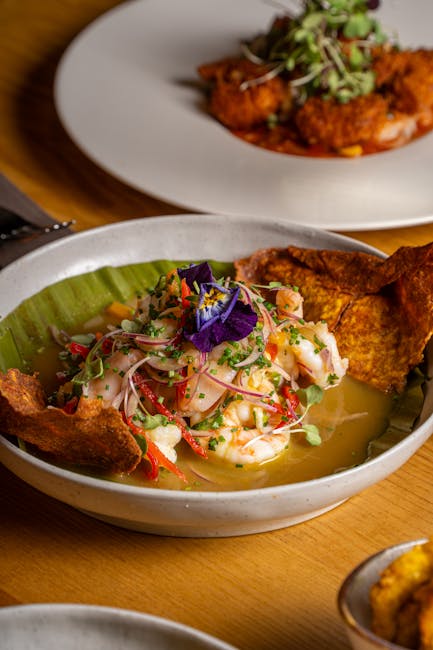
Seafood lovers, brace yourselves. A growing concern is surfacing about the presence of dangerous, antibiotic-resistant bacteria, often called “superbugs,” in imported shrimp. Specifically, researchers are finding genes that make bacteria resistant to colistin, a last-resort antibiotic, hitching a ride on your favorite crustaceans.
This isn’t just about a little tummy ache. Colistin resistance poses a significant threat because it leaves doctors with fewer options to treat life-threatening infections. When antibiotics fail, the consequences can be severe, ranging from prolonged hospital stays to, in the worst cases, death.
The Colistin Connection: Why it Matters
Colistin is a powerful antibiotic used when other treatments have failed. The emergence of colistin-resistant bacteria, especially in food sources like shrimp, is a major red flag. This resistance is often carried by a gene called *mcr-1*, which has been detected in imported shrimp, raising alarms among public health officials.
The problem stems from the use of antibiotics in aquaculture (shrimp farming). In some countries, antibiotics are used to prevent disease and promote growth in farmed shrimp. This widespread use creates an environment where bacteria can develop resistance. These resistant bacteria can then spread, not only to humans but also to other animals and the environment, creating a global health challenge.
Where is this happening?
While the issue is global, research has identified countries with higher rates of antibiotic use in shrimp farming as potential hotspots for the spread of resistance. Imported shrimp from these regions may pose a higher risk, although testing and monitoring are improving to address this. It’s worth staying informed about the origin of your seafood and the regulations in place for aquaculture practices in those areas.
What Can You Do?
While this may seem alarming, here are some steps you can take to protect yourself:
- Cook Shrimp Thoroughly: Ensure shrimp is cooked to a safe internal temperature. This kills bacteria, including potential superbugs.
- Buy from Reputable Sources: Choose seafood from trusted suppliers who adhere to strict food safety standards. Look for certifications that indicate responsible farming practices.
- Stay Informed: Keep abreast of news and information regarding seafood safety and antibiotic use in food production.
- Support Sustainable Seafood: Consider choosing sustainably sourced seafood, which often involves more stringent farming practices that limit antibiotic use.
The Bottom Line
The presence of colistin-resistant genes in imported shrimp is a serious concern, but it’s one that can be mitigated with awareness and proactive choices. By being informed about the origins of your seafood, practicing safe food handling, and supporting responsible farming, you can enjoy your shrimp while minimizing the risk of exposure to these dangerous superbugs. Vigilance, coupled with regulatory oversight and responsible aquaculture practices, is essential to keep us safe from these hidden threats within our food supply.
